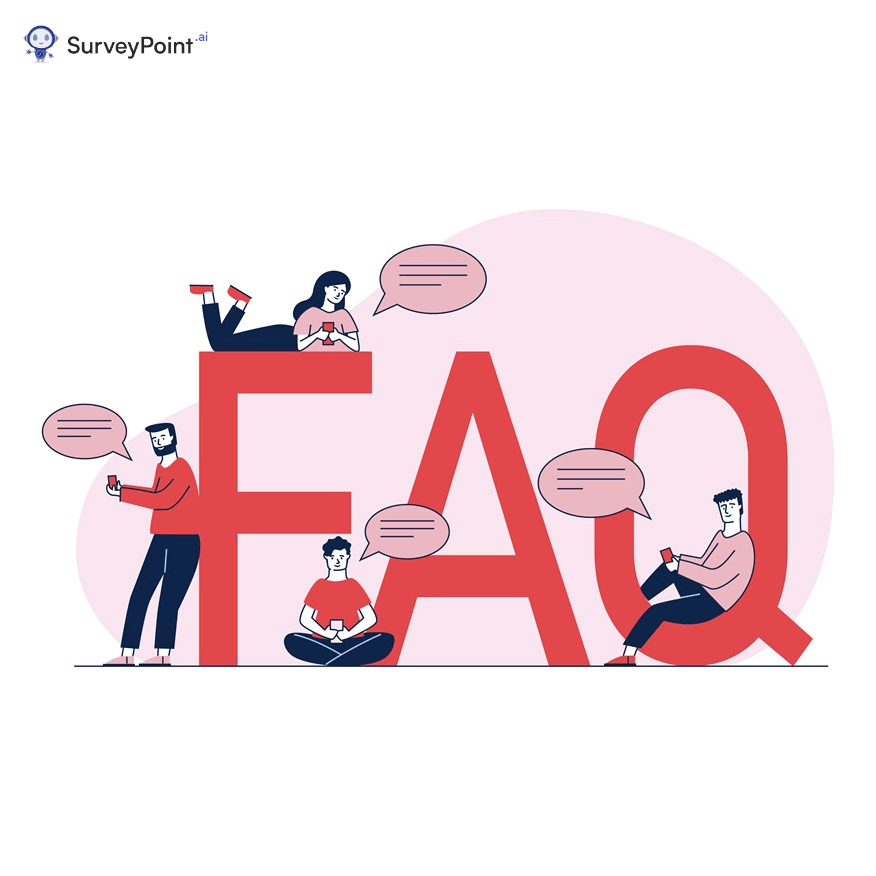
Have you ever been to a Q&A session? It is short for “Questions and Answers.” There are times when people gather to ask questions and get answers about a particular topic. These sessions are like having a chat where one person (usually an expert) answers questions from a group of people who want to learn more.
Q&A sessions are really important in the professional world because they help people understand things better, share knowledge, and solve problems together.
Importance of Q&A Sessions
There are a few reasons why Q&A sessions are important. A few are mentioned below:
1. Learning and Clarifying Doubts
When you enter the professional world, there are many things to learn and understand. Q&A sessions allow people to ask questions about things they don’t understand. For instance, imagine you’re learning how to play a new game, and you’re confused about the rules. In a Q&A session, you can ask the game expert to explain the rules, and you’ll understand the game better.
2. Sharing Knowledge and Expertise
We live in a mixed population of people who know a lot about something and can share their knowledge in Q&A sessions. For example, if you’re interested in painting, a famous artist might hold a Q&A session where you can ask about their painting techniques. They can share their expertise, and you can learn valuable tips from them.
3. Problem Solving
Sometimes, people face challenges or problems in their work. Q&A sessions are like brainstorming sessions where people discuss problems and find solutions together. Imagine you’re working on a school project about animals, and you’re not sure where to find information. In a Q&A session, your teacher can suggest different sources and help you solve the problem.
4. Building Connections
With Q&A sessions, it allows people to connect with experts and peers. These connections can be helpful for future collaborations or opportunities. Let’s say you’re interested in becoming an astronaut. Attending a Q&A session with a real astronaut gives you a chance to ask questions and build a connection with someone who has experience in that field.
5. Gathering Different Perspectives
In a Q&A session, people from different backgrounds and experiences can ask questions. This brings in different viewpoints and ideas. For instance, in a business Q&A session about new products, different team members might ask questions from their unique perspectives, leading to a well-rounded discussion.
10 Tips for Successful Q&A Sessions
Whether it’s at school, work, or a public event, there are some special tips to make these sessions go really well. Let’s check out ten tips that will help you master Q&A sessions:
1. Be Clear and Concise
When you ask a question, try to keep it simple and to the point. Just like when you ask your friend what game they want to play. For example, instead of asking, “Could you maybe explain the process you used for designing the new playground equipment?” you could ask, “How did you make the new playground equipment?”
2. Know Your Audience
Think about who you’re talking to. If it’s a group of kids, you might ask different questions than if you were talking to grown-ups. For instance, if you’re asking about favorite school subjects, you’d ask your classmates, but if you’re talking to adults, you might ask about work interests.
3. Be Polite and Respectful
Always use polite words when you ask your question. It’s like saying “please” and “thank you.” For instance, you could say, “Excuse me, could you tell us more about how you painted that beautiful picture?”
4. Listen Carefully
When someone gives an answer, listen carefully so you understand. Imagine if your friend tells you a cool story – you’d want to listen, right? This way, you can follow up with more questions if needed.
5. Avoid Asking Too Many Questions
Just like taking turns in a game, it’s good to let others ask questions too. Ask one question at a time and give others a chance. If you’re curious about both their favorite subject and their favorite game, ask one first and then the other.
6. Ask Open-Ended Questions
Open-ended questions are like puzzles – they need more than a simple “yes” or “no” answer. For example, instead of asking, “Did you like the book?” you could ask, “What did you enjoy most about the book?”
7. Be Patient
Sometimes, people need a moment to think before they answer. Just like when you’re figuring out a tricky math problem. Give them a little time, and they’ll give you a great answer.
8. Use Examples
If you’re asking something complicated, using an example can help. It’s like showing your friend a picture to explain your idea. For instance, when asking about favorite animals, you could say, “Do you like animals like lions or dolphins?”
9. Stay On Topic
Stick to the topic of the conversation. If you’re talking about your school project, it might not be the best time to ask about someone’s weekend plans.
10. Thank the Speaker
After you get your answer, it’s nice to say “thank you.” Just like when someone gives you a gift, you say thanks. For example, “Thank you for telling us about your amazing adventure!”
Wrapping Up
In the professional world, asking questions that promote understanding and provide context is essential. These Q&A formats, inspired by real-life scenarios, facilitate productive discussions and learning experiences.With these ten tips, you’ll be a Q&A superstar, asking great questions and having awesome conversations with everyone around you!

